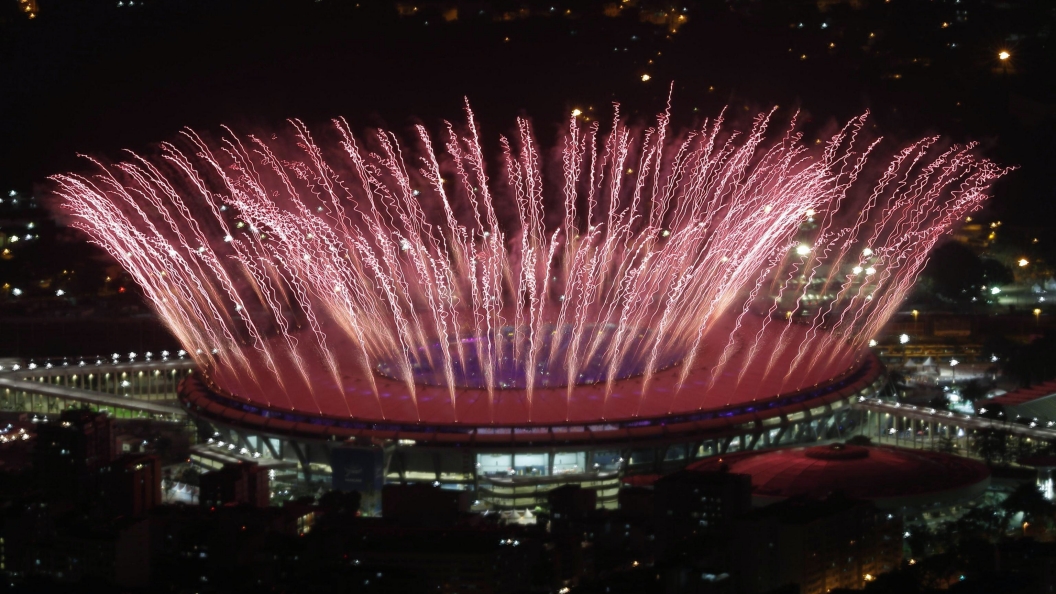
Rio 2016
XXXI edition of the Summer Olympics
05 August - 21 August 2016

The Olympic circles that embraced South America for a special first time. The XXXI edition of the Summer Olympic Games made history, lighting up Brazil, its joyful tradition, the marvels of nature and the festive context that counterbalances the poverty and criticisms of a territory that captures the hearts of those who have the privilege of discovering and appreciating it.
On 05 August 2016, it was the Maracana that offered a majestic background to an unforgettable spectacle, unfolding through an evocative and linear script: images of the ocean, the beach, the Carioca culture that open its gates to the world, Christ the Redeemer that spread his arms across the earth and around those continents that the Olympic movement aims to unite beyond all barriers.
“A new world” is not just the slogan chosen for the Games, but the dominant philosophy for promoting the event, a destination with which to leave problems behind, giving voice to the virtues of a people and a nation with infinite potential.
Team Italy greeted Brazil by taking 9th place in the Olympic medal standings (which saw the United States in first, ahead of Great Britain and China) with 28 podiums (8 gold, 12 silver and 8 bronze), as with the last two summer games but with a higher overall number of silvers (12, three more), despite the penalising programme and the 50 or so medals lost in total by Russia and China. Medal-receiving countries have grown in numbers, with 87 against the 85 in London and 86 in Beijing, with another increase seen in the number of nations capable of achieving at least one gold: 59 in Rio, with 54 in the previous two games.
It was the most important expedition for team sports: in Athens, 4 medals were achieved with 8 teams, and in Rio 3 medals with 4 teams made for a higher average (75%).
Niccolò Campriani, thanks to challenges in the rifle, with 10 metres and 3 positions, became the 5th Italian athlete in history to win two individual golds in the same games after Nedo Nadi and Ugo Frigerio in 1920, Sante Gaiardoni in 1960 and Domenico Fioravanti in 2000, with Gregorio Paltrinieri being the first to win gold in long-distance swimming. Elia Viviani won the first Italian gold in the omnium. The Cagnotto-Dallapè duo won the first women’s Olympic medal in Italian history in diving, while Lupo and Nicolai obtained the first medal in the history of beach volleyball.
The Italian team experienced the Olympic Games at Rio in the most beautiful Casa Italia of all, conceived within the Costa Brava Club, a meeting-place for our country’s elite, where they were able to gain the international limelight and celebrate Made in Italy in Brazil.
They will be remembered as the Games of timeless icons, with Phelps and Bolt, with 5 and 3 golds respectively, not to mention swimming star Katie Ledecky and high-wire artistic gymnast Simone Biles. The Olympic flame travels to Asia: next stop, Tokyo 2020.
Medal table
-
gold 8
-
silver 12
-
bronze 8
Statistics
Nations
207
Athletes
11.238 (6.179 Uomini; 5.059 Donne)
ITALIAN Athletes
314 (170 Men; 144 Women)


